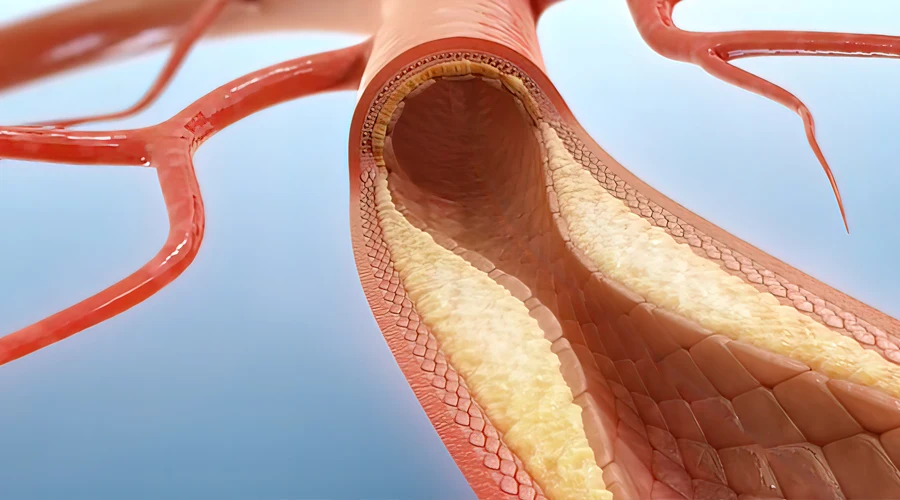Medical Procedures
Vascular Techniques
Endovascular Techniques
Conditions Treated

Angiology is the medical specialty dedicated to the diagnosis, treatment, prevention and rehabilitation of diseases of the peripheral vessels, including both arteries and veins. This branch of medicine is essential for maintaining optimal blood circulation and preventing vascular complications.
At VenArt Clinic, our doctors offer you a comprehensive and accurate diagnosis of peripheral vascular disorders. This is achieved through:
- Doppler ultrasound;
- Phlebography;
- Arteriography.
Depending on the diagnosis or the severity of the vascular disease, our doctors can offer you a drug solution to improve your health or, if necessary, minimally invasive vascular, venous or arterial treatments.
Peripheral Vascular Disease is a term that is meant to represent all pathologies caused by obstruction of various blood vessels. Once a major blood vessel is blocked, it can cause various symptoms, which at first are manageable, but can worsen over time.
Conditions Treated
At VenArt Clinic, we treat a wide range of vascular conditions, including:
Arterial Diseases
- Peripheral Arterial Disease;
- Atherosclerosis;
- Thrombosis;
- Arterial Aneurysms;
- Thoracic and Abdominal Aortic Aneurysm;
- Carotid Obstructions.
Venous diseases
- Peripheral Venous Insufficiency;
- Venous or Varicose Disease (internal and external varicose veins);
- Venous Thrombosis;
- Thrombophletitis.
Medical Procedures Available
Minimally Invasive Treatments
- Balloon angioplasty: widening blocked vessels using a special balloon;
- Stenting: Placement of stents to keep arteries or veins open;
- Stent-grafting: Repairing aneurysms or other complex arterial conditions;
- Sclerotherapy: Treatment of varicose veins by injections of sclerosing solutions.
Venous diseases
- Surgical revascularization to restore blood flow;
- Corrections for severe venous disease by open methods.
Advantages of Minimally Invasive Treatments
- Short recovery time;
- Low risk of infection or complications;
- Minimal or no scarring;
- Procedures customized to the condition;
- Quick return to daily activities.
Advanced Technologies and Precision Diagnostics
For a complete and accurate diagnosis, at VenArt Clinic we use advanced technologies such as:
- Doppler ultrasound: Assess blood flow and identify blockages or venous reflux;
- Phlebography: precise visualization of veins to detect varicose veins or thrombosis;
- Arteriography: Exploration of arteries to identify blockages or aneurysms.
Aceste investigații permit o diagnosticare rapidă și planificarea celor mai eficiente soluții terapeutice.
Recommendations for Blood Vessel Health
To prevent and manage vascular disease, our doctors recommend:
- Adopting a healthy lifestyle: regular exercise, balanced diet and quit smoking;
- Regular monitoring of blood vessel health through preventive check-ups;
- Apply recommended treatments promptly to prevent complications.
Why is so special VenArt Clinic?
- Expert team: Our doctors are specialized in internationally renowned clinics and have extensive experience in treating vascular diseases;
- Modern technology: We use state-of-the-art equipment for accurate diagnosis and treatment;
- Personalized approach: Therapeutic solutions are tailored to each patient’s needs;
- Minimally invasive procedures: We ensure patient comfort and rapid recovery.
Our Medical Team
Frequently Asked Questions
What does Angiology do?
Angiology is the branch of medicine that deals with the diagnosis and treatment of disorders of the vascular system, including blood vessels (arteries, veins) and lymphatic vessels.
What problems does an angiologist treat?
An angiologist treats conditions such as:
- Varicose veins;
- Deep vein thrombosis;
- Chronic venous insufficiency
Peripheral arteriopathy; - Aneurysm;
- Peripheral arterial disease;
- Lymphedema.
What is a Doppler ultrasound and why is it needed?
Doppler ultrasound is a non-invasive imaging investigation that uses ultrasound to assess blood flow through veins and arteries. It is needed to diagnose conditions such as:
- Deep vein thrombosis;
- Venous insufficiency;
- Arterial stenosis.
What is deep vein thrombosis (DVT) and how serious is it?
DVT is a condition in which blood clots form in a deep vein, usually in the legs. It is serious because the clot can migrate to the lungs, causing a life-threatening pulmonary embolism.
How often should I see an angiologist?
You should consult an angiologist if:
- You have symptoms of a vascular disease;
- You have risk factors such as diabetes, smoking, obesity or family history;
- For routine check-ups at least once a year.
